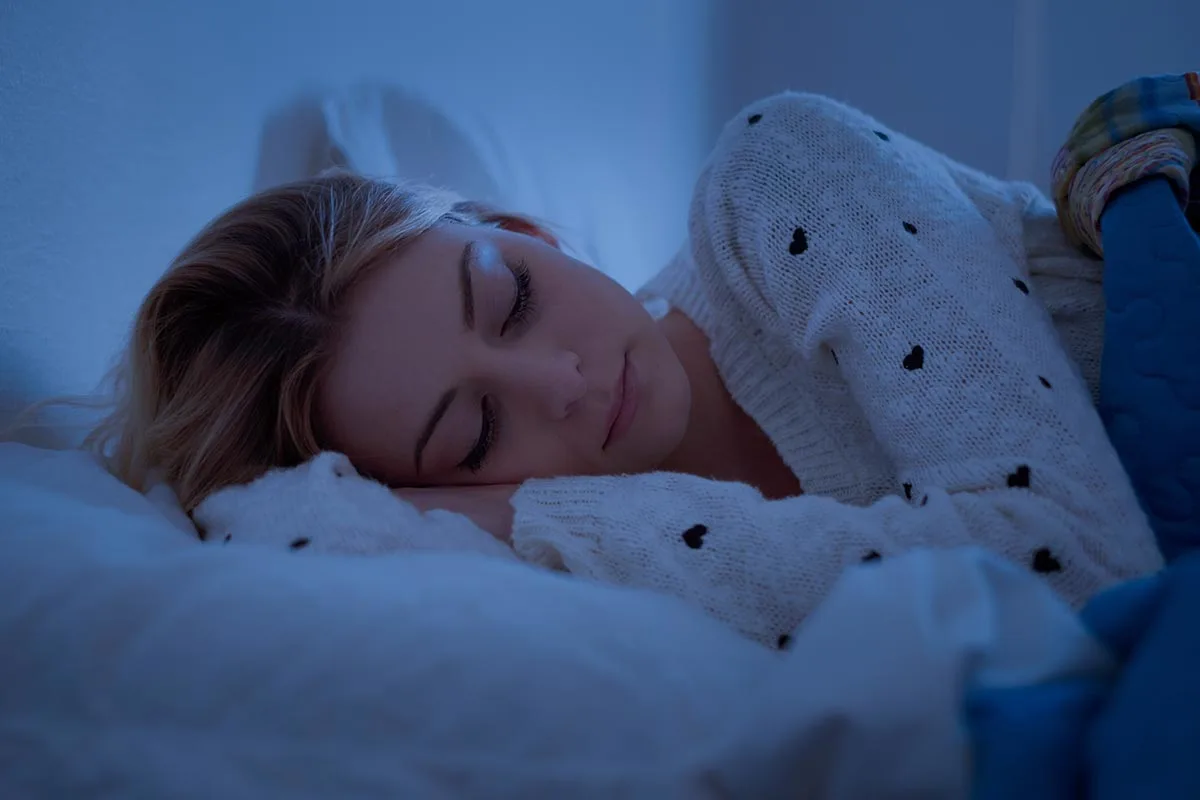WHAT WE TREAT
Insomnia
Sleep apnea
CPAP intolerance
MORE INFO
Cumulative physiological stress typically encoded in patients with sleed disturbances.
WHAT WE DO
We correct physiological stress that keeps the body in a state of fight-or-flight during the night.
Sleep Disorders Health Risk
Sleep insufficiency is known to be prevalent in the general population and contributes to a range of health problems, increased health care utilization, decreased work productivity, traffic accidents, and incapacitations that interfere with all daily activities and occupational performance. Lack of sleep has been linked to chronic diseases like cancer, diabetes, high blood pressure, and early mortality (CDC, 2015).
Sleep-related breathing disorders can develop over time as a result of chronic stress, improper breathing, lifestyles habits, and environmental factors. The stress of life can create imperceptible patterns of physiologic stress that carry over to nighttime sleep. The sustained stress loading affects the breathing patterns, the diaphragm, the tongue muscles, and breathing chemistry (CO2-oxygen balance). The individual is usually trapped in a vicious cycle of stress-related breathing and disordered sleep.
Restore Your Sleep Cycle Naturally Without Medication
Do you wake up feeling exhausted instead of refreshed? Millions struggle with poor sleep, insomnia, and restless nights, but the solutions isn't in a pill- it's in natural, science-backed sleep techniques that restore your body's natural rhythm. Restorative sleep optimization requires a personalized comprehensive approach to address disordered breathing, cumulative stress in the autonomic nervous system, and simple lifestyle changes. There are cases involving sleep disturbances related to sensory regulation dysfunction that triggers a state of arousal during the night. Our process is to a thorough analysis how stress and other daily habits interfere with restful sleep. Our goals for our patients are the following:
Fall asleep faster
Stay asleep longer
Wake up refreshed
Why Choose Respiras For Sleep Optimization
100% Natural and Non-Habit Forming- No medications, just effective science-backed techniques.
Personalized Sleep Plans- Tailored solutions based on your sleep challenges.
Easy, Proven Strategies- Simple breathing guidance using our data-based system.
CPAP Intolerance: Why?
There is an underlying physiological stress loading that contributes to the poor management of sleep and oral appliances. Generally speaking, this issue is not well understood because of its complexity. Providers all agree that stress can compromise treatment compliance and treatment outcomes.
While the traditional gold standard treatment for SDB often involves CPAP therapy, about 70 percent of people with sleep apnea are unable to tolerate this mode of treatment due to anxiety, panic, stress, and other factors that create poor compliance. Some individuals look for alternative methods such as oral appliances or even surgery if their condition cannot be successfully managed with the traditional ways.
Sleep As An Occupation
Sleep is an occupation needed for rest and restoration. Our objective is to help our clients improve their sleep performance through strategic awareness, respiratory training, and easy-to-implement lifestyle modifications.
Sleep performance requires a comprehensive and holistic approach involving physical, physiological, and environmental factors. Sleep interventions focus on strategies to reduce physiologic stress, promote physical activity, incorporate positional sleep strategies, improve sleep hygiene, improve quality of breathing in all daily activities.
The main objective is to decrease daytime arousal, improve sleep hygiene, and optimize the breathing in order to allow restful sleep.
Our Approach
There is a growing number of individuals who are looking for integrative ways to improve their sleep quality. Although our conservative first line of defense is to help individuals reduce stress and comply with their sleep or oral appliances, there are clients who are only interested in learning how to improve sleep quality naturally for various reasons, some of which are dating, traveling, camping.
Our knowledge in sleep physiology, psychosocial challenges, and disturbed breathing in connection to daytime stress, gives us an edge in providing evidenced-based consultative expert education that contributes to sleep and daytime performance.




